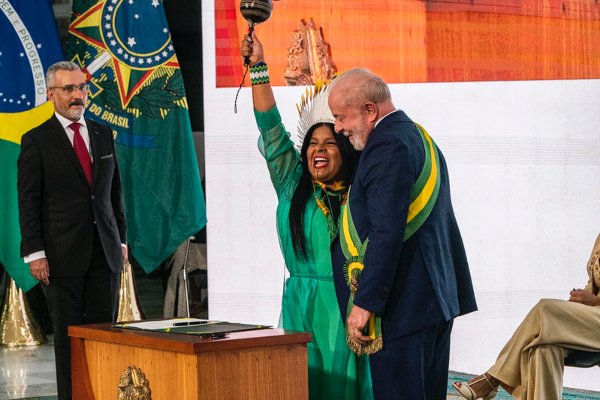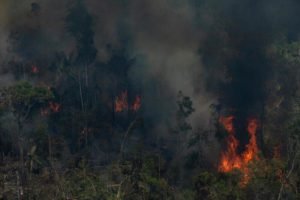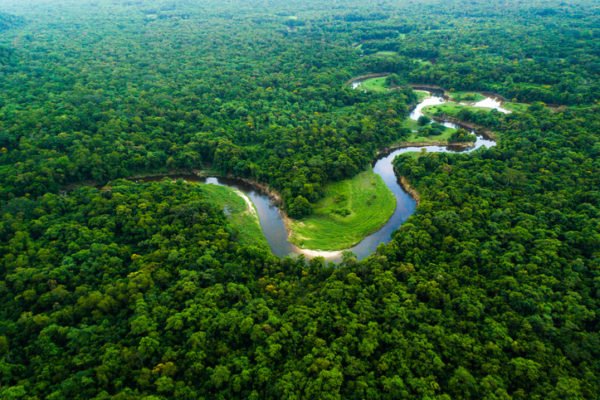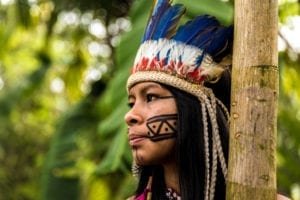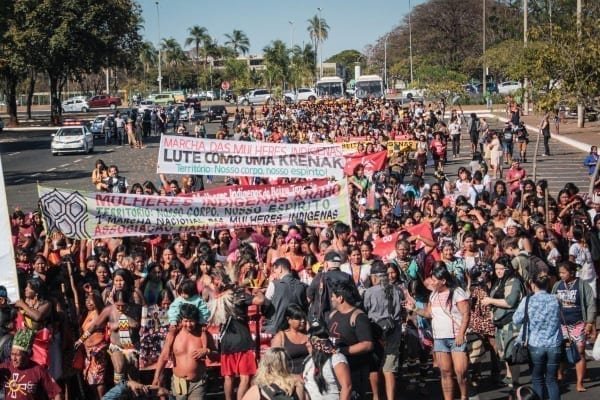Main image: President Luiz Inácio Lula da Silva signing in Sonia Guajajara as Minister of Indigenous Peoples on January 01, 2023. Credit: Mídia Ninja
In one of the first administrative measures of his administration, President Luiz Inácio Lula da Silva repealed a series of executive orders dismantling human rights and socio-environmental policies instituted by his predecessor, Jair Bolsonaro.
Prior to his 01 January inauguration, Lula nominated Marina Silva to lead Brazil’s Ministry of Environment and Climate Change and Sonia Guajajara to head a new Ministry of Indigenous Peoples, in historic moves meant to contain the intensifying assault on Indigenous territories and the environment.
No more mining on Indigenous lands
Among his first acts, Lula signed decrees and provisional measures that reinstated environmental funding programmes, such as the Amazon Fund and the National Environment Fund (FNMA), the oldest environmental fund in Latin America.
Lula also revoked Bolsonaro’s decree that facilitated illicit ‘artisanal’ Amazon mining; put an end to an ‘environmental amnesty’ that fostered impunity among those who committed environmental crimes and revoked the relaxation of limits on the possession and carrying of firearms.
Revoking Bolsonaro’s pro-‘artisanal’ mining decree, which had driven a disastrous increase in illegal Amazon mining, answered the demands of the Association of Brazil’s Indigenous Peoples (APIB), which has called for an end to mining on Indigenous lands.
The new administration also adopted another APIB request, correcting the name of the federal Indigenous agency FUNAI from the National Indian Foundation to the National Foundation of Indigenous Peoples.
Created in 1967, during the military dictatorship, FUNAI will be headed for the first time by an Indigenous woman, Joenia Wapichana.
The Amazon Fund is back
President Lula’s reinstatement of the Amazon Fund is significant given the key role this mechanism could play in providing much-needed financing for forest preservation efforts.
Paralysed since 2019 by the Bolsonaro regime with more than BR$ 3 billion (US$ 550 million) of frozen funds donated by Norway and Germany, the Amazon Fund will once again support 102 conservation projects in the Amazon, among them forests managed by Indigenous People and small-scale farmers.
 Play Video about This Rock Might Just Save The World
Play Video about This Rock Might Just Save The World Play Video about Play 2 hours of rock
Play Video about Play 2 hours of rock Play Video about Play 2 hours of brook
Play Video about Play 2 hours of brook Play Video about Play 2 hours of sheep
Play Video about Play 2 hours of sheep

















